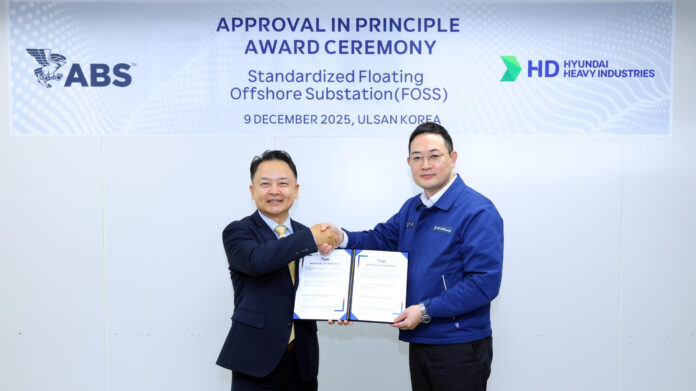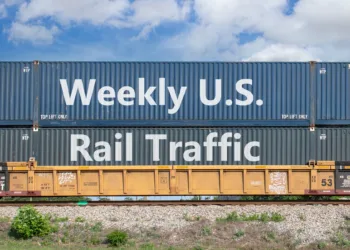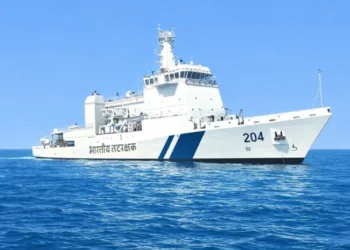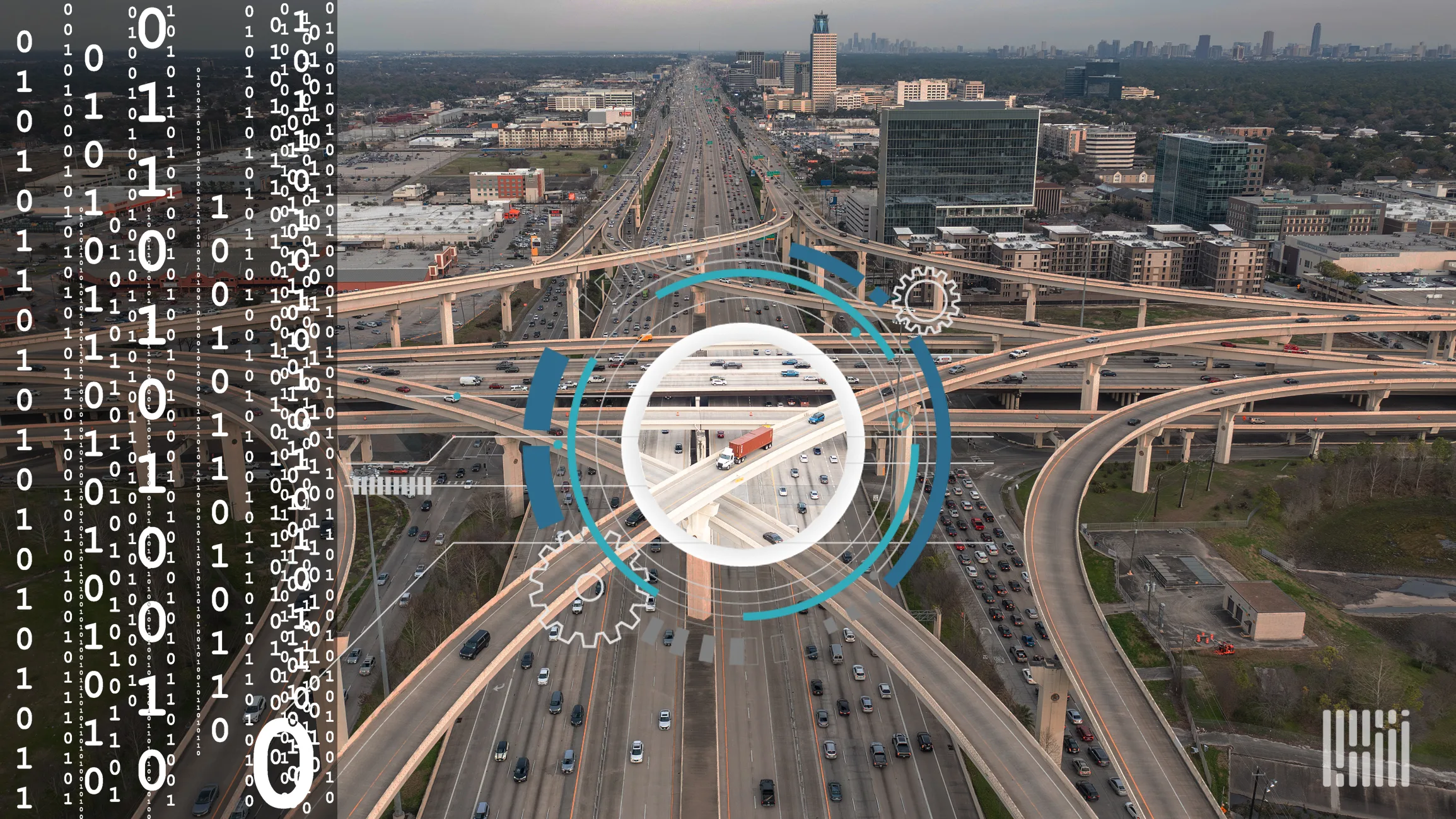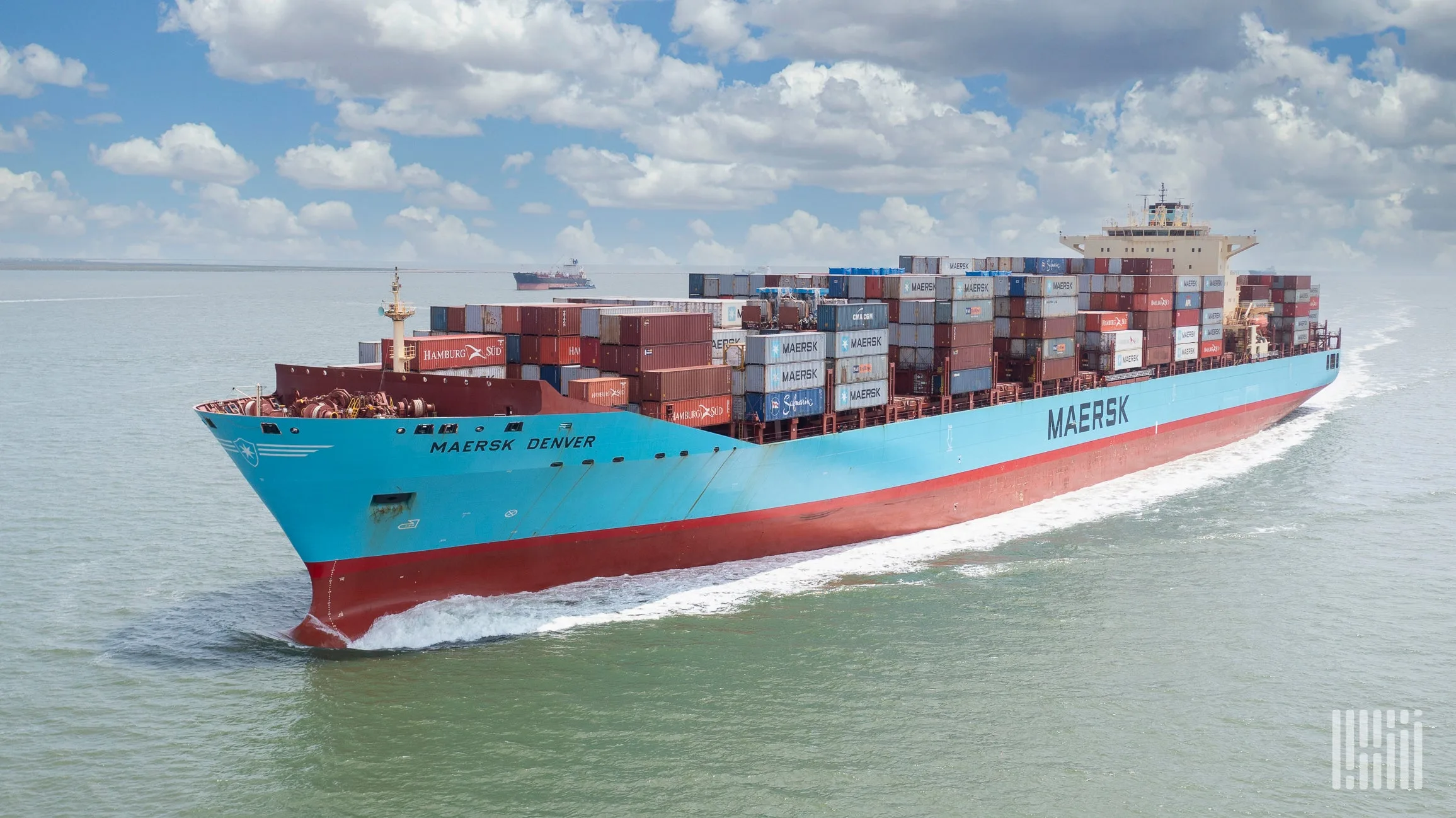Canadian shipbuilding software specialist SSI has been working at the intersection of technology and shipyards for decades. Today, Denis Morais, the company’s CEO, believes the industry is entering a pivotal moment — and AI is at the centre of it.
“I’ve never seen shipyards more open to investing in technology than they are right now, particularly when it comes to AI,” Morais says.
“There’s a growing recognition that the cost of not investing is starting to outweigh the cost of adoption.”
I’ve never seen shipyards more open to investing in technology than now
Unlike previous waves of digitalisation, Morais argues AI is moving much faster. Yet he stresses that its deepest impact will be revealed gradually, as the industry adapts. “In the near term, I see significant opportunity in planning and scheduling,” he says. “These areas are rich with structured data and ripe for optimisation. AI can help us make better decisions faster, whether it’s sequencing work more efficiently or predicting bottlenecks before they occur.”
He highlights another promising frontier: maintenance, repair, and overhaul. “Image-based AI, already proven in fields like healthcare, can be trained on historical vessel imagery to identify issues like premature cracking or corrosion,” he explains. “The data is available, the models are maturing, and the ROI is clear with faster diagnostics, fewer surprises, and safer vessels.”
For Morais, the implications extend beyond efficiency gains. “One perspective that’s often overlooked is how AI will reshape the relationship between shipyards and classification societies,” he says. “As AI begins to assist in design validation and compliance checking, we’ll need to rethink how rules are interpreted, verified, and applied. That shift won’t happen overnight, but it will fundamentally change how we collaborate across the industry.”
How will AI reshape the relationship between shipyards and classification societies?
SSI is also exploring how AI can capture knowledge that has traditionally been left undocumented.
“In shipbuilding, a lot of valuable decisions are made informally, through conversations, tribal knowledge, or lessons learned on the shop floor,” Morais says.
“We’re working on ways to capture and reflect that insight in the product, so it becomes part of the decision-making process going forward.”
Ultimately, his vision is simple but ambitious: “Our aim is to make the complex feel manageable, and to help shipbuilders focus more on innovation and less on chasing information.”




